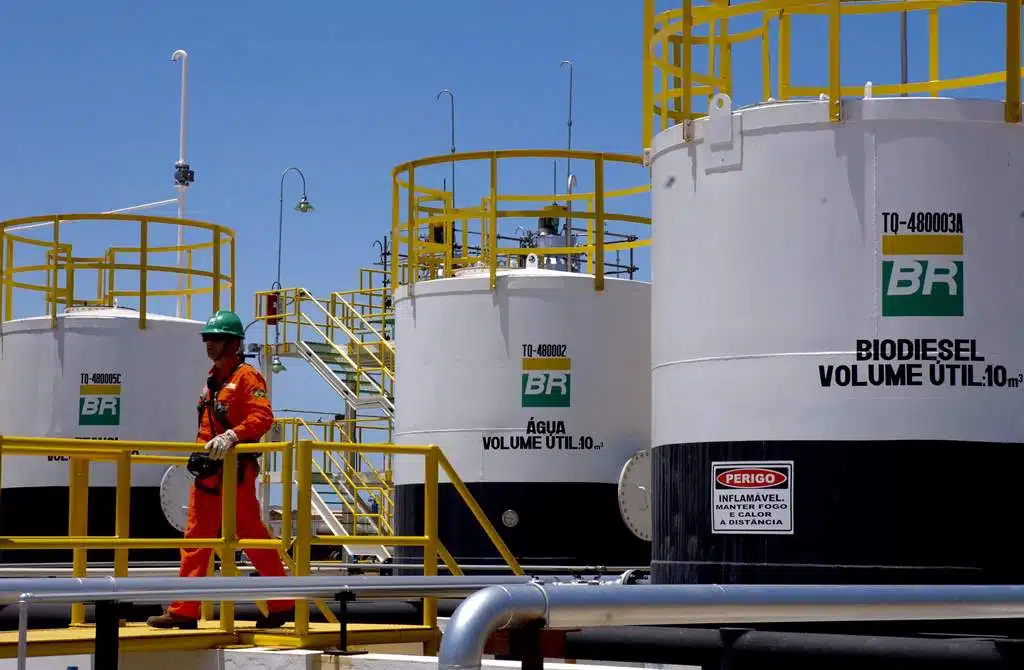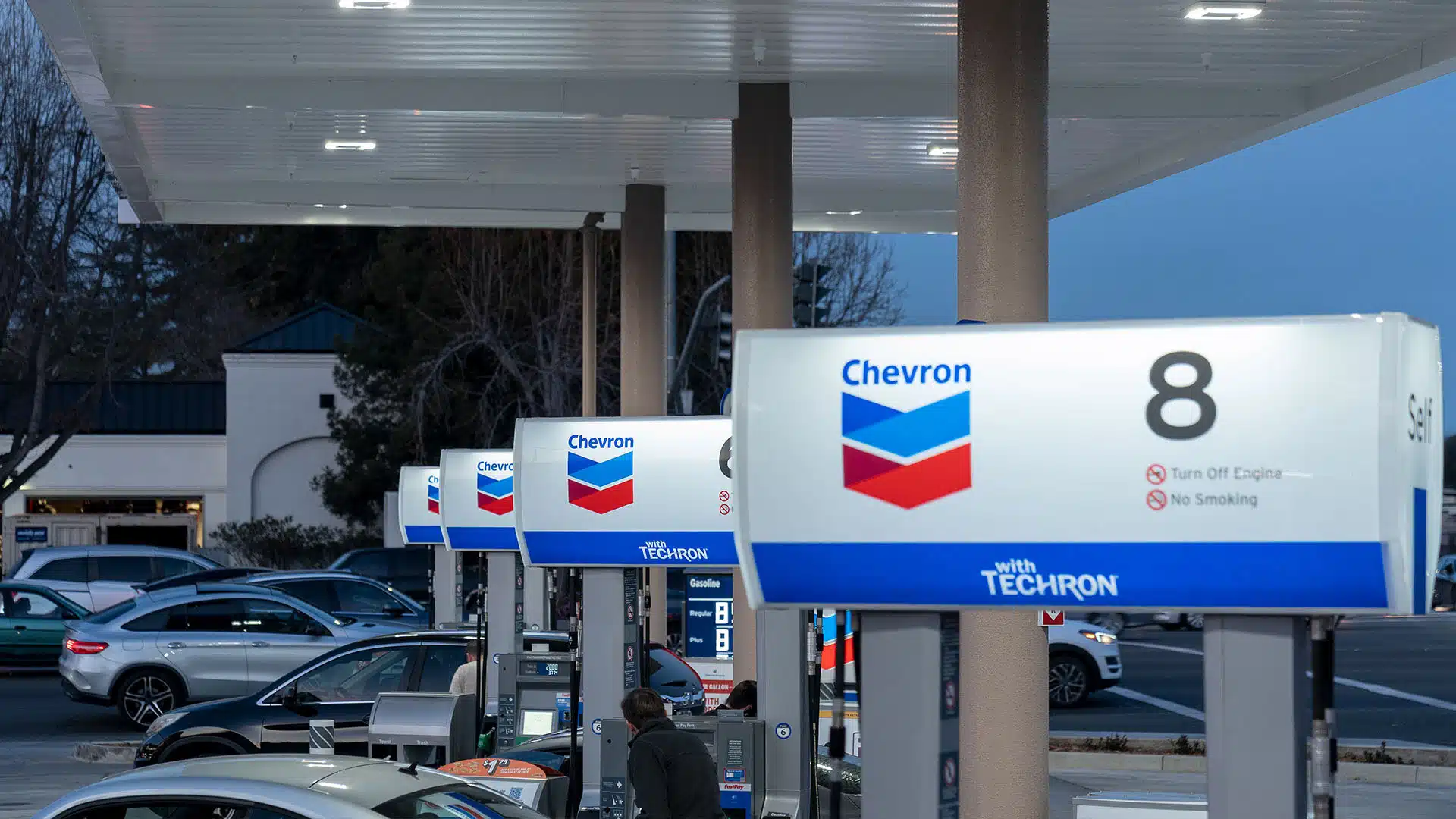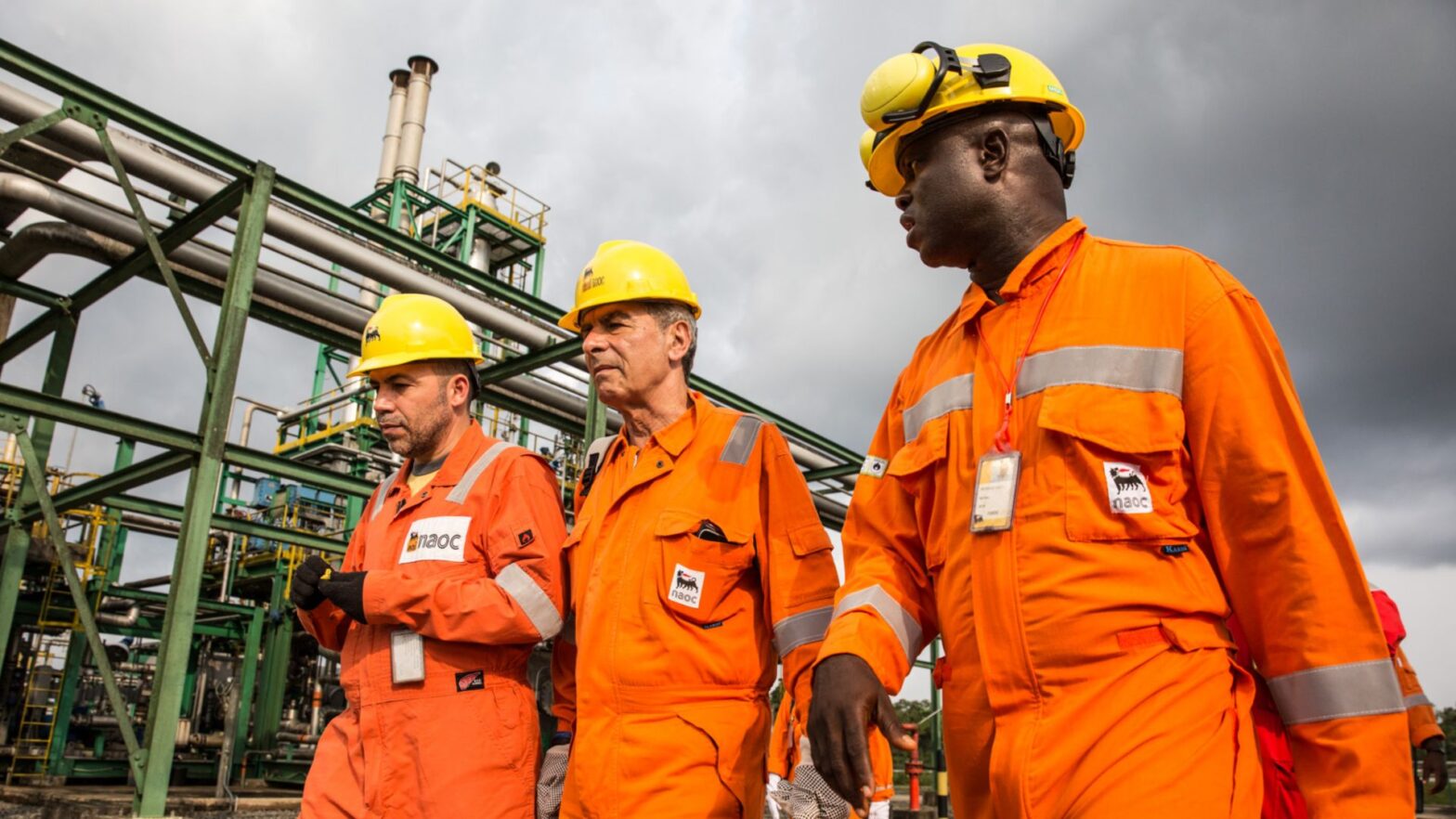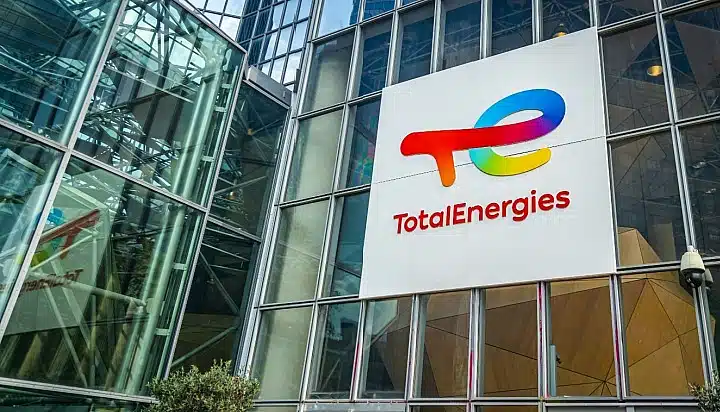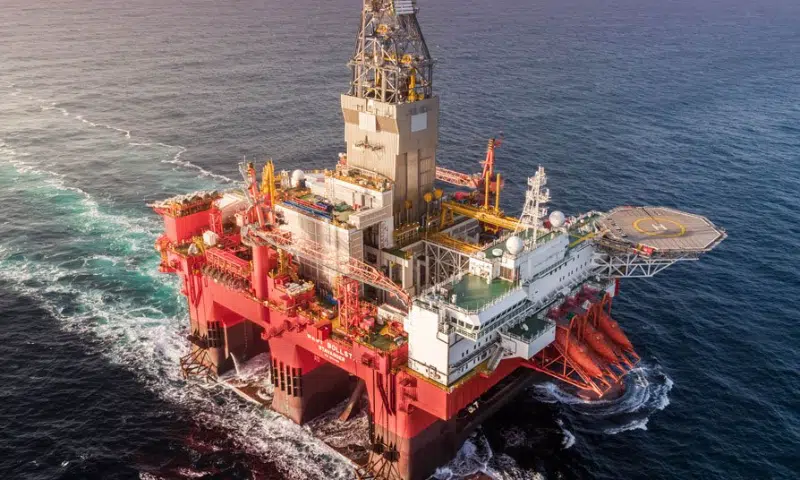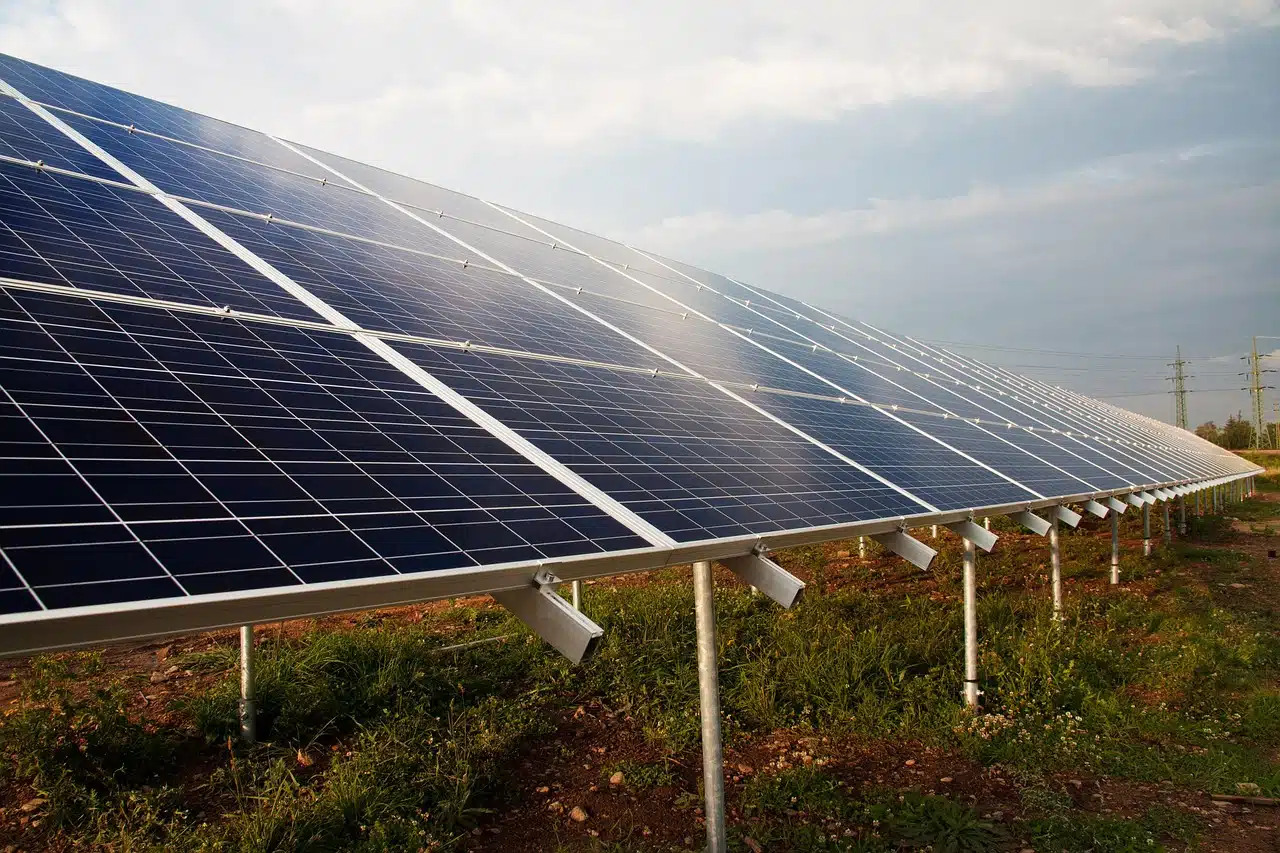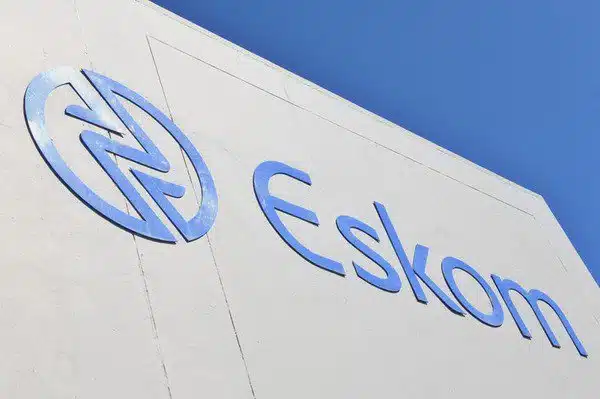Brazilian oil giant, Petrobras, is refocusing its global exploration efforts, with Africa emerging as its main frontier outside Brazil, following new strategic moves across the continent.
The company has already secured access to nine offshore blocks in Ivory Coast and expressed interest in Nigeria, Angola, and Namibia, as part of a broader plan to expand reserves and reduce its dependence on environmentally sensitive drilling sites back home.
This was disclosed by Petrobras Chief Executive Officer, Magda Chambriard, in an exclusive interview with Reuters on Thursday, where she discussed the company’s ambitions, operational strategy, and investment outlook.
Chambriard noted that Petrobras’ deep understanding of Brazil’s eastern offshore margin makes Africa a natural fit, due to striking geological similarities.
“We are experts in the eastern margin of Brazil,” she said. “The correlation between Brazil and Africa is unequivocal, so we need to go to Africa.”
Ivory Coast, she added, has already extended a “red carpet” to Petrobras, granting the company preferential rights to acquire nine exploratory blocks in deep and ultra deep waters.
In addition, Chambriard stated that countries such as Nigeria, Angola, and Namibia have also shown willingness to collaborate with the Brazilian company.
She described Africa as a key pillar in Petrobras’ international expansion plan, which seeks to stabilize long term crude output amid global price volatility and political pressure over environmental concerns.
Meanwhile, Petrobras previously divested its African assets under former management, narrowing its focus to Brazil’s prolific pre salt fields.
The latest pivot signals a return to frontier exploration, driven by new leadership and shifting national priorities.
The CEO also noted that Petrobras was outbid by France’s Total Energies for a share in Galp Energia’s offshore Mopane field in Namibia but stated, she hope the oil firm is invited to participate in its development.
Petrobras’ renewed interest in international assets comes amid growing uncertainty over its domestic exploration programme, particularly in Brazil’s Foz do Amazonas region.
The area has been the center of controversy due to its proximity to the Amazon rainforest, and the company has faced delays in obtaining necessary environmental permits.
However, Chambriard expressed optimism that final approval to drill in the region could be granted in the second half of July. Until then, Africa remains the most viable path for offshore growth.
Meanwhile, the company’s global expansion is not limited to West Africa.
It also recently acquired stakes in oil fields in South Africa and São Tomé and Príncipe. In the latter, Petrobras hopes to drill a new well before the end of the year.

